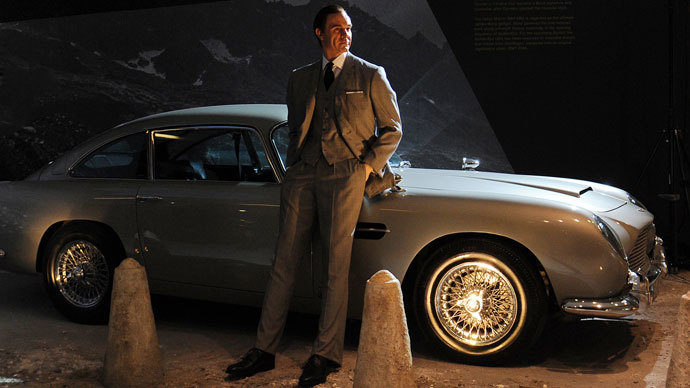Pedestrian safety is set to take a back seat to national security as British intelligence officers will be provided a free pass to zoom through zebra crossings and ignore red lights, according to new motoring laws.
Hollywood car-chase scenes, James Bond-style, may become a regular occurrence on the streets of Britain thanks to an overhaul of the national motoring law, which Transport minister, Robert Goodwill, is scheduled to announce on Monday.
The new law will allow MI5 and MI6 agents to go through red lights and ignore road markings - much the same as police officers, fire fighters and emergency medical crews - in the name of “protecting national security”.
Other agencies, including bomb disposal units, mountain rescue teams and vehicles used to transport organs for transplant are also set to be added to the list, AFP reported.
British spooks will have legal clearance to break the speed limit in the course of surveillance and clandestine operations, once they have completed a training course in high-speed driving. The priority of protecting national security now outweighs any potential risk to the public in the form of high-speed car chases through neighborhoods.
“This is a good commonsense move that will apply to people who perform vital services in difficult circumstances,” a government source told the Sunday Times. “It will help save lives and make Britain a more secure place.”
Presently, any intelligence officer pursuing a suspected criminal along the streets of Britain in excess of 30 miles (48 kilometers) per hour [inner city speed limit] may be cited for speeding or reckless endangerment.
Despite the revamped legislation, British intelligence officers will still be required to operate their vehicles in a “responsible manner”, and remain subject to the same rules under the revised Road Safety Act as police, ambulance and fire service drivers, according to The Independent, a British daily.
Britain’s new motoring law comes in the wake of a 2012 Department for Transport report that said 93 percent of respondents agreed that breaking the speed limit should be permissible for those driving for “the protection of life and limb or national security”.


